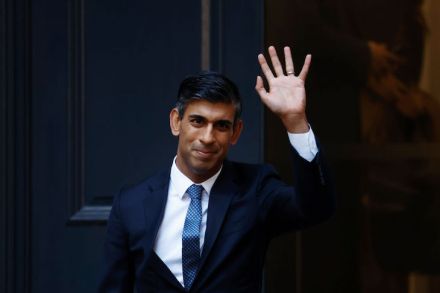The SNP membership’s big gamble
They’re all the same, politicians. How often have we heard this before? We need a real choice, people often say. Well, we have it now; or at least members of the Scottish National party do. If you’ve been watching the televised debates, of which there have now been four, you’d be forgiven for thinking that this is a contest between three members of different political parties, only one of whom belongs to the government of the day. The two front-runners for the crown, health secretary Humza Yousaf and finance secretary Kate Forbes, have adopted polar opposite strategies in this leadership contest, and offer their party and their country an entirely





















